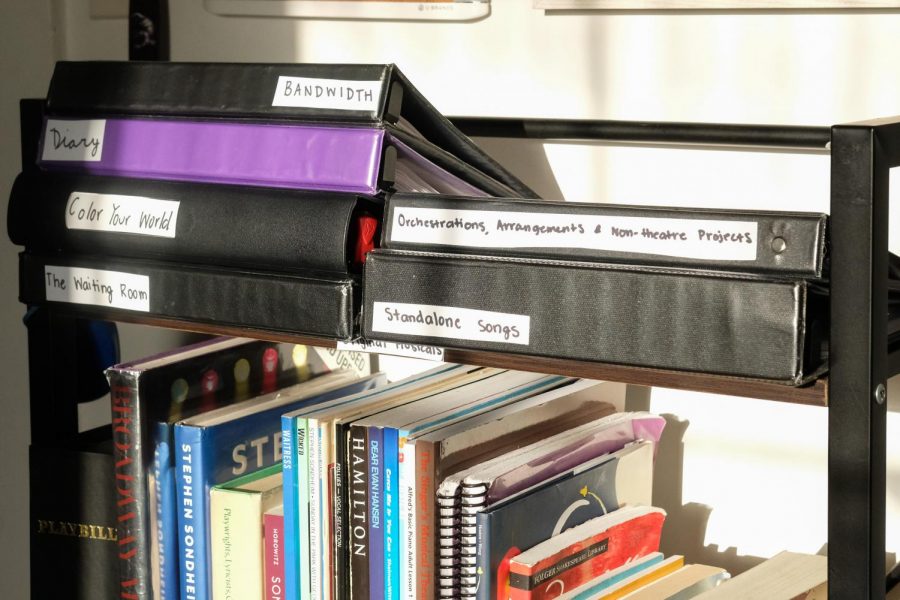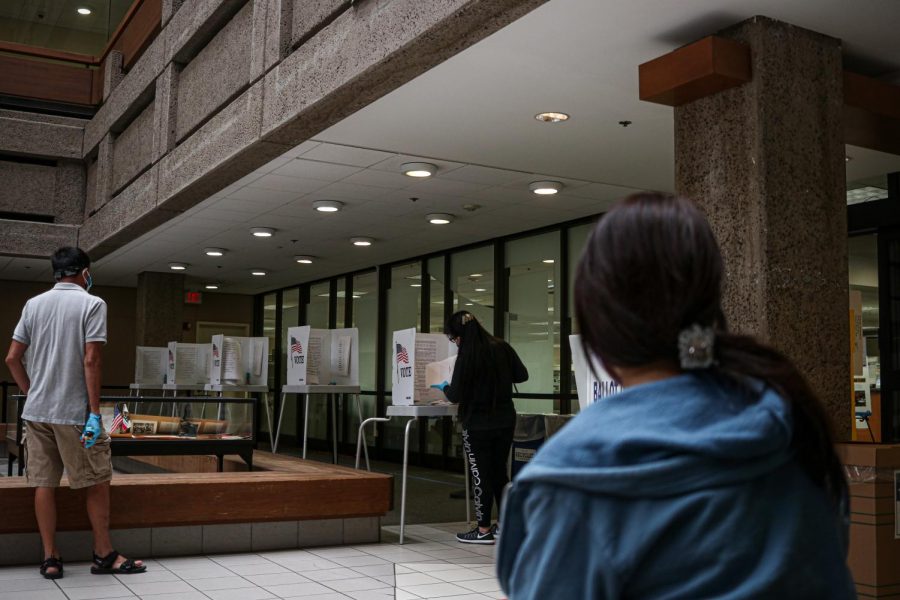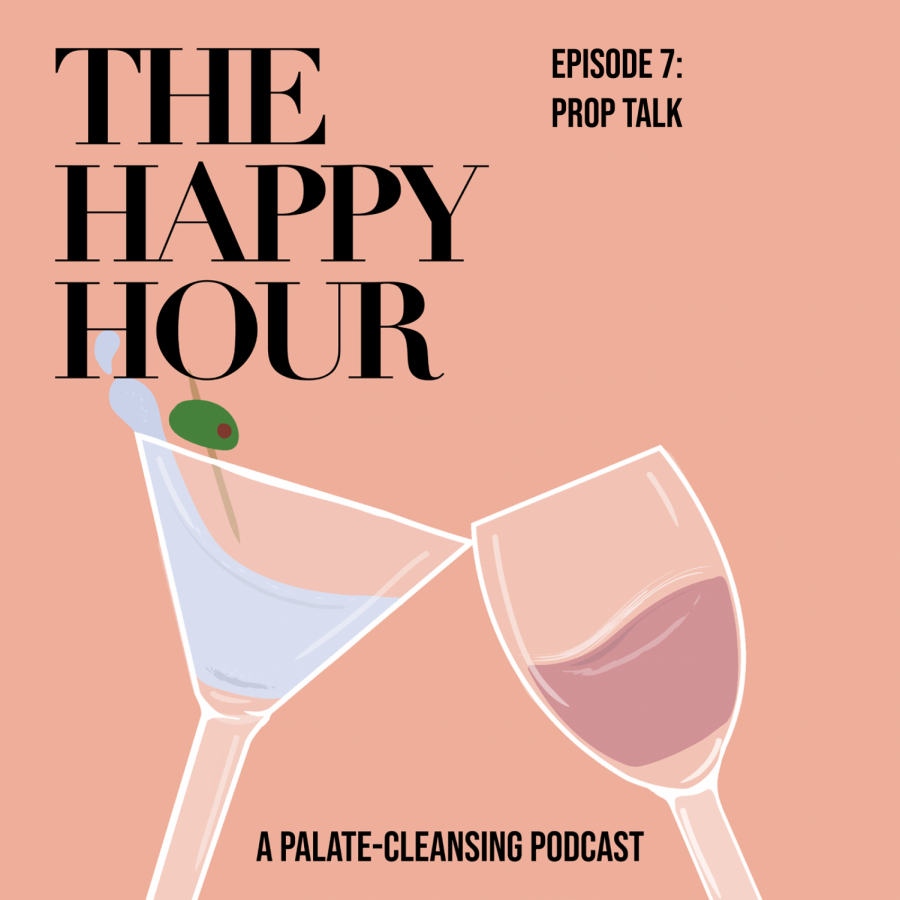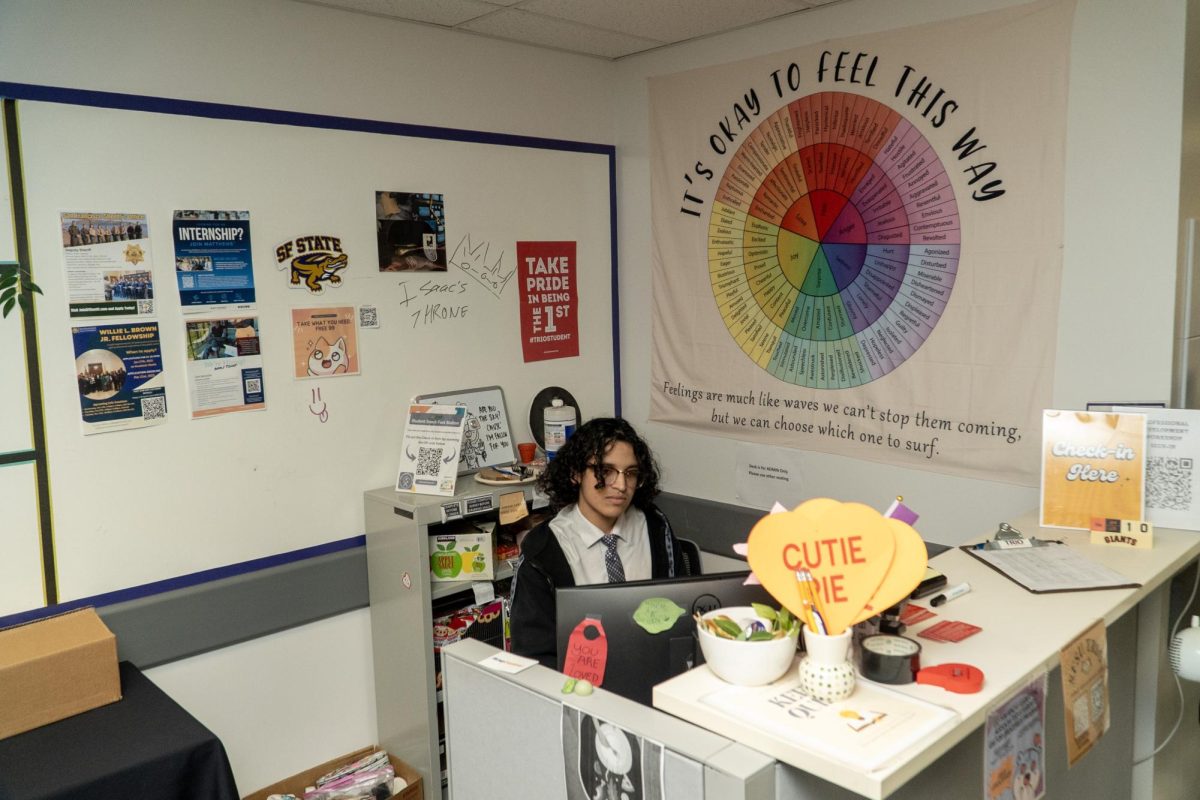Members of the SF State campus community expressed a message of unifying dissent for the sitting president during Thursday evening’s debate.
After the first debate was criticized for having continual interruptions, the debate commission added a mute button for the final debate before Election Day between President Donald Trump and Democratic Party nominee Joe Biden. While both candidates had moments of interrupting each other, members of the SF State community lauded the improved civility of the event, yet remained steadfast in their animus for the president.
“I think that it was definitely more civil than the last one,” Nick Conway said, an assistant professor of political science. “It appeared they clicked the mute button maybe a couple times or so … but I think it was the threat of the mute button that kept them in check.”
An overarching theme of the 90-minute debate wound up being the current administration’s response to COVID-19. Trump defended his record, saying the country was “rounding the corner.”
Dr. Emma Sanchez, social epidemiologist and associate professor at SF State, disagreed with the president’s touting of his response to the pandemic.
“What we have seen is that infections are spiking in many, many states now,” Sanchez said. “I don’t see that there’s any evidence for those statements.”
According to the Florida Department of Health, Florida saw a spike of 5,557 new COVID-19 cases on Thursday – the highest single-day increase in over two months.
Biden lambasted Trump’s handling of the pandemic so far, saying, “Anyone who’s responsible for that many deaths should not remain as president of the United States of America.”
One of the main points of contention during the debate was the topic of immigration. Dr. Daniel Acosta Elkan, lecturer at SF State in Latina/Latino Studies, felt relieved by Biden’s response.
“I was heartened to hear [former] Vice President Biden mention the number of first responders who are undocumented immigrants,” Elkan said. “A disproportionate number of essential workers are people of color, and we rely on their labor.”
According to the Migration Policy Institute released in March, immigrants account for about 6 million COVID-19 frontline workers. The institute reports that 69% of California agriculture workers are migrants; 38% of all home health aides; 29% of all physicians; and 17% of the 156 million civilians working. This number does not take undocumented workers into account.
During the candidates’ discussion, Trump doubled down on his hardline border security stance, referring to undocumented immigrants who were released and returned for their court appearances as “those with the lowest IQ”.
“I’m not entirely clear what was meant by that comment,” Elkan said. “But it is in the interest of immigrants to comply with court summons if they wish to regularize their status under any eventual immigration reform.”
SF State’s Speech and Debate Team coach Brianna Morales evaluated the discussion and came away with her own analyses on the candidates.
“Biden showed a lot of emotion. Very animated,” Morales said. “Trump sometimes feeds off Biden’s more human side — like when he’s angry, stuttering, etc. — and Trump purposefully exploits that. Biden’s aware of it though, so I think he did pretty well.”
Morales didn’t share the same positive feedback she gave to Biden to Trump.
“As a debate judge, it’s a no for me,” she said. “Trump is too vague and doesn’t define information like ‘that thing last night,’ and ‘The emails! Horrible emails!’ to win debates. He’s trying to make Biden incriminate himself or fool his voters into believing what he’s saying.”
The degree to which that strategy holds true will be answered on Nov. 3, as voters cast their ballots in unprecedented droves, unknowing of when they may receive the results of this year’s election.














